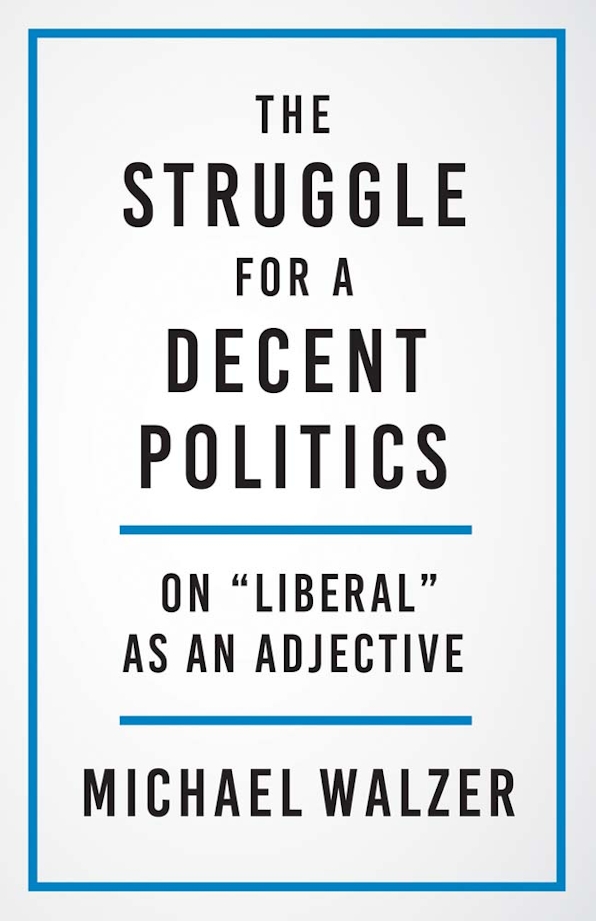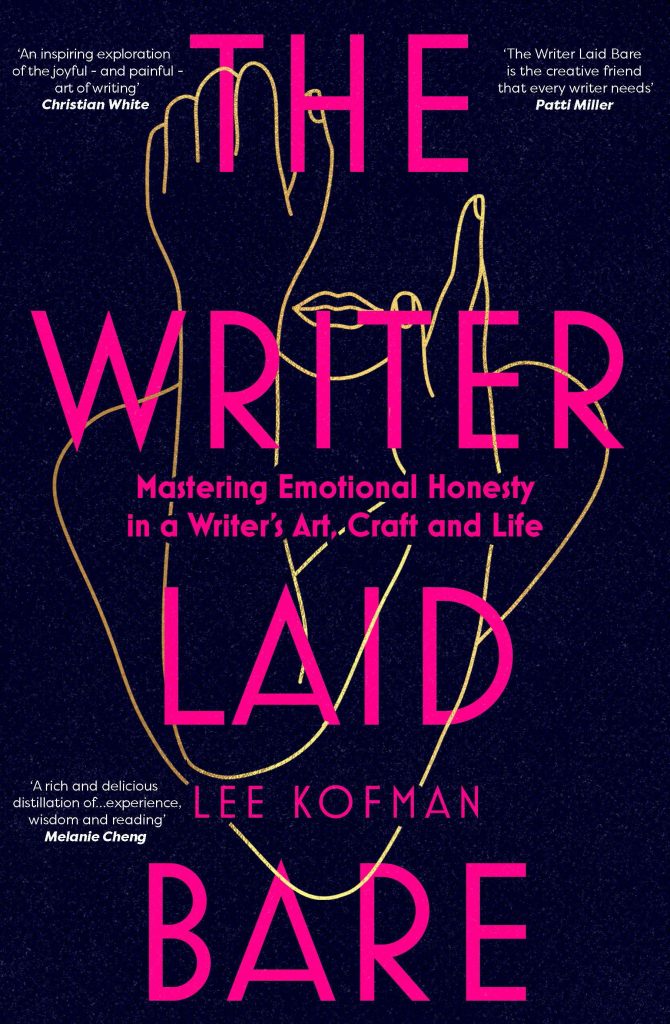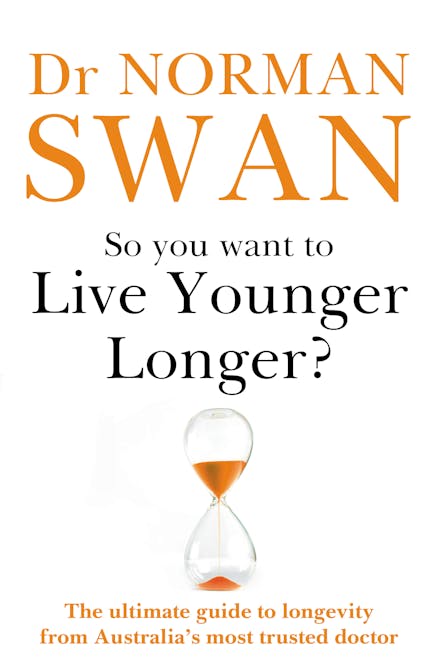 Dearborn writes with such clarity, and with so much good-natured acceptance and linguistic beauty, that the revelations which pepper this book are like rockets propelling the narrative. It’s a real skill, allowing the book to take on the rhythm and pacing of Russell’s slow decline while incorporating a modern perspective and synthesis.
Dearborn writes with such clarity, and with so much good-natured acceptance and linguistic beauty, that the revelations which pepper this book are like rockets propelling the narrative. It’s a real skill, allowing the book to take on the rhythm and pacing of Russell’s slow decline while incorporating a modern perspective and synthesis.
Category: Non fiction reviews
A review of A Social, Economic and Cultural History of Bingo (1906-2005) by Caroline Downs
 Carolyn Downs’ book is a must-read for anyone who’s ever dabbed a bingo card, called out a winning line, or simply wondered about the enduring appeal of this timeless game. It’s an affectionate, comprehensive and fascinating journey through the history of bingo, and a testament to its cultural, social and economic influence.
Carolyn Downs’ book is a must-read for anyone who’s ever dabbed a bingo card, called out a winning line, or simply wondered about the enduring appeal of this timeless game. It’s an affectionate, comprehensive and fascinating journey through the history of bingo, and a testament to its cultural, social and economic influence.
A review of The Struggle for a Decent Politics by Michael Walzer
 Liberalism may well be a sentiment, for Jews and everyone else, as Walzer argues. But it is far more than that, and we forget its political content at our peril. Liberalism forces hard political and economic choices and forecloses some options. Sentiment and moral stance, necessary though they may be, is not enough, and never has been.
Liberalism may well be a sentiment, for Jews and everyone else, as Walzer argues. But it is far more than that, and we forget its political content at our peril. Liberalism forces hard political and economic choices and forecloses some options. Sentiment and moral stance, necessary though they may be, is not enough, and never has been.
A review of SEO 2023: Learn Search Engine Optimization With Smart Internet Marketing Strategies by Adam Clarke
 Clarke’s book is an impressive, comprehensive guide that dexterously navigates the complex and often cryptic universe of SEO. It’s a challenging task to make such a technical subject palatable to a diverse audience, but Clarke manages to do so with aplomb.
Clarke’s book is an impressive, comprehensive guide that dexterously navigates the complex and often cryptic universe of SEO. It’s a challenging task to make such a technical subject palatable to a diverse audience, but Clarke manages to do so with aplomb.
A review of The Lottery and Corruption in the U.S. by Harold Rosen
Reviewed by Dale Shelabarger Lottery Corruption, U.S.A by Harold Rosen AuthorHouse November 2020, Paperback, 204 pages, ISBN-13: 978-1665506649 The game of chance has fascinated humanity for centuries, creating a compelling narrative of luck, fate, and fortune. And none is more…
A Taste of History: A review of A Place at the Nayarit by Dr. Natalia Molina
 A talented oral historian, Molina describes how her grandmother, Doña Natalia Barraza, found a place in Echo Park, a diverse neighborhood located on the eastside of Los Angeles, to open her restaurant, The Nayarit. The Nayarit, of course, is also one of the states comprising the federated nation of Mexico and the regional cuisine local to the Nayarit was the driving force of the restaurant’s menu and eventual draw.
A talented oral historian, Molina describes how her grandmother, Doña Natalia Barraza, found a place in Echo Park, a diverse neighborhood located on the eastside of Los Angeles, to open her restaurant, The Nayarit. The Nayarit, of course, is also one of the states comprising the federated nation of Mexico and the regional cuisine local to the Nayarit was the driving force of the restaurant’s menu and eventual draw.
A Review of The Sounds of Life by Karen Bakker
 Between and around the book’s hard science, the author wraps accessible and warmly told human narratives such as the tale of the dying man who on his last sea trip first realized whales communicated with each other. Thus, The Sounds of Life is filled with a certain kind of wild, brilliant charm that makes it very readable for the scientific and the nonscientific minded alike.
Between and around the book’s hard science, the author wraps accessible and warmly told human narratives such as the tale of the dying man who on his last sea trip first realized whales communicated with each other. Thus, The Sounds of Life is filled with a certain kind of wild, brilliant charm that makes it very readable for the scientific and the nonscientific minded alike.
A review of Dancing with the Muse in Old Age by Priscilla Long
 This compact 204-page handbook exhorts elders to manifest their creative passions, regardless of their past experience in creativity. The book is an invitation and a call to action. “Old age is a prime time to flourish in creative productivity,” Long says. “It is also a time to begin creative work.”
This compact 204-page handbook exhorts elders to manifest their creative passions, regardless of their past experience in creativity. The book is an invitation and a call to action. “Old age is a prime time to flourish in creative productivity,” Long says. “It is also a time to begin creative work.”
A review of The Writer Laid Bare by Lee Kofman
 One of the key tenets of The Writer Laid Bare is the importance of paying attention. This almost obsessive focus is the writers’ stock-in-trade. Kofman calls it voyeurism, but in our attention-starved culture, being able to lock onto the details contained within a moment is more than just a tool to make our work more interesting (though Kofman makes a good case for that), it’s revolutionary.
One of the key tenets of The Writer Laid Bare is the importance of paying attention. This almost obsessive focus is the writers’ stock-in-trade. Kofman calls it voyeurism, but in our attention-starved culture, being able to lock onto the details contained within a moment is more than just a tool to make our work more interesting (though Kofman makes a good case for that), it’s revolutionary.
A review of So You Want to Live Younger Longer by Dr Norman Swan
 This is a book about enjoying your life with as much vigour and health as possible by making better lifestyle choice, not about living forever through a rich-person only, ageism that requires collagen injections, placental transfusions or high colonics (even if they are the secret to Keith Richards’ longevity). Of course ageing well is a privilege. Financial security along with access to high quality food makes all the difference.
This is a book about enjoying your life with as much vigour and health as possible by making better lifestyle choice, not about living forever through a rich-person only, ageism that requires collagen injections, placental transfusions or high colonics (even if they are the secret to Keith Richards’ longevity). Of course ageing well is a privilege. Financial security along with access to high quality food makes all the difference.